Woodside Petroleum will be among oil and gas producers to receive a massive taxpayer-funded handout as the Western Australian state government moves to embrace carbon capture, utilisation and storage (CCUS).
Premier Roger Cook announced the state’s “CCUS Action Plan” on Thursday with a promise to spend $26 million to support two CCUS projects, including one associated with Woodside’s Burrup Hub gas development in the Pilbara, as a “vital technology to tackling climate change and supporting local jobs.”
Under the plan, the state will seek to attract new investment for CCUS projects aimed at supporting “WA’s existing infrastructure, highly skilled workforce and suitable geological formations.”
The Premier said the plan was part of the state’s broader decarbonisation strategy, adding CCUS “will play an important role for hard-to-abate industries”.
“My government is delivering on our clean energy plan to create local jobs, tackle climate change and set up our state for the future,” Cook said.
The announcement was welcomed by the Australian Energy Producers (AEP), the country’s longest running oil and gas industry association, formerly known as the Australian Petroleum Production and Exploration Association.
Caroline Cherry, AEP’s WA director, described the plan as “evidence of how states can seize the economic opportunities of net zero while reducing emissions” in a state where the Gorgon CCS facility was already operating.
“The plan further aligns the state with global momentum recognising that CCUS is essential for achieving climate goals,” Cherry said.
The IEA’s landmark Net Zero Roadmap report found that there can be no new investment in oil, gas and coal by the end of 2021 if the world hopes to achieve net zero by 2050.
The report said that while carbon, capture and storage technologies will be needed in some capacity, it should not be used for fossil fuel production and its role only became significant in scenarios where the world delayed in acting to phase out fossil fuels, or took no action at all.
It has also consistently revised down its projections for how much CCS will be needed over time.
The United Nation’s Environment Program (UNEP)’s Production Gap report similarly found that four-in-five CCS projects have failed over the last 30 years and Gorgon itself has failed to achieve the results it promised.
Jess Beckerling, executive director of the Conservation Council of WA described the state government’s embrace of CCUS as “highly irresponsible and dangerous” and says the only way to prevent catastrophic climate change is to phase out fossil fuels in favour of renewable energy.
“Carbon dumping is a fantasy technology that doesn’t work, as we’ve seen with Chevron’s Gorgon project where less than three percent of total emissions have been sequestered successfully,” Beckerling said.
“The only thing that carbon dumping has achieved is to extend the life of the fossil fuel industry.”
Kevin Morrison, a senior finance analyst with the Institute for Energy Economics and Financial Analysis (IEEFA), said the announcement was “another false solution” and that the WA state government would be “better off retrofitting homes” by phasing out gas appliances like their counterparts in Victoria.
“They’re talking about turbocharging CCUS as if it’s going to save the planet. It’s not,” Morrison said.
Citing the latest report by the Global CCS Institute, Morrison says the vast majority of CCUS operations globally involve Enhanced Oil Recovery (EOR) – a process by which captured CO2 is used to boost oil production at a depleted field and which does not permanently trap the gas.
He also said that while Gorgon is due to release its latest numbers, when it last reported for the 2022/23 financial year, the operation reported that it was only managing to store 1.7m tonnes of CO2 each year on a project that had planned to inject 4m tonnes of CO2 each year.
Meanwhile, Morrison said, the reservoir emits 5m tonnes of CO2 each year.
“This is just a reflection of how powerful the oil and gas industry is,” Morrison said. “It’s creating a false narrative; it’s trying to pretend CCUS is part of the solution.
“If you were to retrofit homes to go all electric, you’d be creating employment for local tradies. That way, it’s going into the pockets of working people rather than these big companies, where it just looks good on their public relations campaign.”

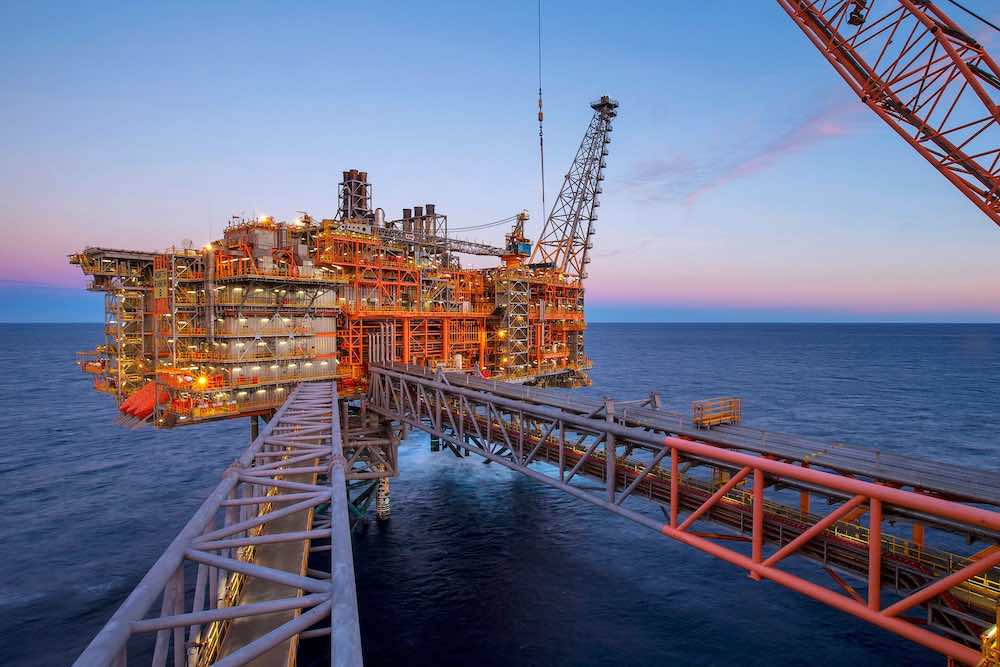
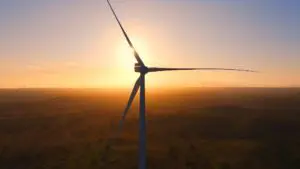
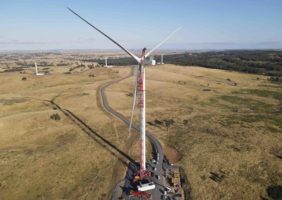
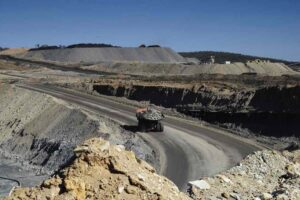

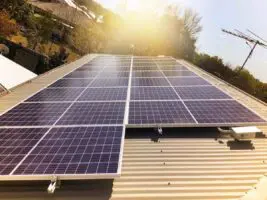




Leave a Reply